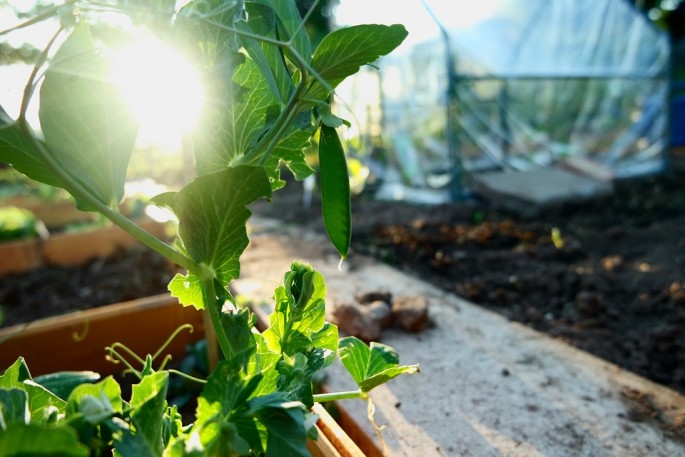A new, surprising study reveals how plants are naturally good decision makers even if they do not possess an actual brain. A team of international researchers determined how plants are also prone to show risk sensitivity, just like humans and some animals.
Risk sensitivity is the ability to switch and adapt between risk proneness and aversion that would depend on the current state and circumstances, according to the least variable option's richness.
Scientists carried out two separate experiments where they cultivated pea plants with their roots planted into two separate pots that contain various levels of nutrients for each pot. Their results revealed that the pea plants preferred to firmly place their roots inside the soil that are rich in nutrients. In the next experiment, scientists placed the pea plants' roots inside a pot with a consistent level of nutrients and the other roots in a pot with various nutrients.
The final findings reveal that even if the level of nutrients are exactly the same, the plants still decided to place their roots inside a pot with various levels of nutrients, which suggests that plants will go for the "higher risk option" as predicted by researchers.
According to zoologist, Alex Kacelnik from Oxford University, this marks the first time that reveals how an organism can demonstrate an adaptive response risk, even without a nervous system.
Kacelnik explains that even if plants clearly show higher risk option skills, this does not suggest that they are intelligent, in a similar sense as humans and other animals. Rather, it means that plants can still possess complex adaptive behaviors that can be predicted as biological adaptations executed by organisms, by choosing processes to exploit their natural opportunities effectively.
Past studies have also proven that plants can feel pain and are apaprently aware that they are being eaten by caterpillars via "feeding vibrations" where the sounds prompts them to defend themselves. This would also suggest that plants can differentiate sounds, from being eaten and environmental sounds.
This new study is published in the journal Current Biology.



























